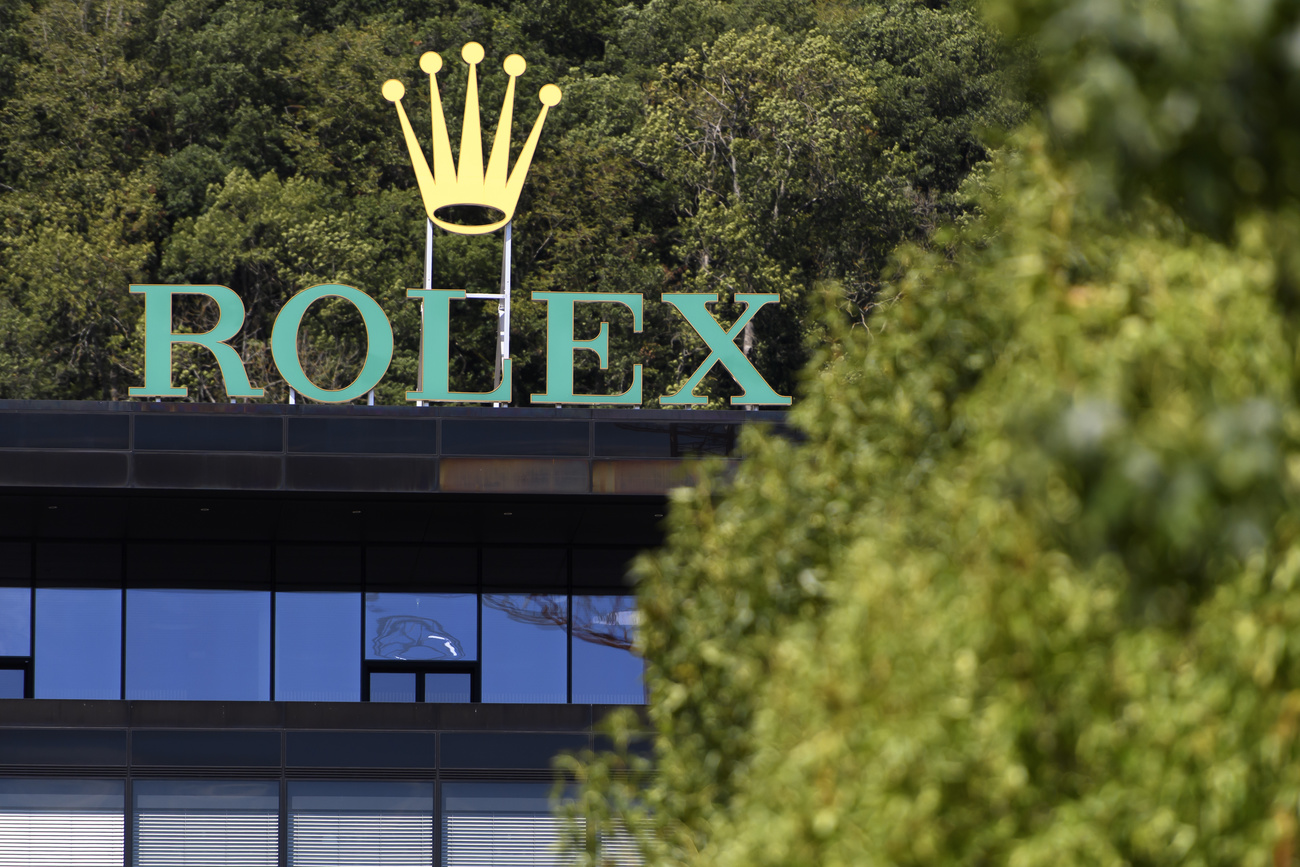
Rolex thefts on rise as luxury watches worth £1 billion missing

Luxury watches worth more than £1 billion (CHF1.1 billion) have been reported as stolen or missing, with a surge in the number of thefts last year.
Around 80,000 watches have been registered as stolen or missing with The Watch Register, a company that helps owners, auction houses and dealers identify stolen timepieces for a fee.
Some 6,815 watches were added to the list last year, a 60% increase compared to the previous 12-month period, the company said on Monday.
+ Why the future for Swiss watchmakers lies beyond the ultra-luxury market
As secondary-market prices for the most in-demand models from Rolex, Audemars Piguet and Patek Philippe surged during the pandemic, so too did watch theft and crime.
London’s Metropolitan Police Service launched an operation last year to address the problem after the number of knife-point robberies jumped 60% between May and June. In Paris, a police taskforce dedicated to stopping luxury watch theft grew to 30 agents, Bloomberg News reported last year.
Rolex is the most targeted brand on The Watch Register’s database, accounting for 44% of timepieces, followed by Omega and Breitling. The company has been compiling data for over 30 years.
+ Watch lovers in Japan can spend years hunting for a Rolex
“The considerable value and prestige of these high-end timepieces continues to attract the attention of sophisticated and international criminal networks, making them a prime target for theft,” Katya Hills, The Watch Register’s managing director, said in a statement.
Some brands have taken radical steps to address the problem. Audemars Piguet, the maker of the Royal Oak, said in April it would offer to replace clients’ stolen watches as part of a new service program that would run for two years.

In compliance with the JTI standards
More: SWI swissinfo.ch certified by the Journalism Trust Initiative






























You can find an overview of ongoing debates with our journalists here . Please join us!
If you want to start a conversation about a topic raised in this article or want to report factual errors, email us at english@swissinfo.ch.